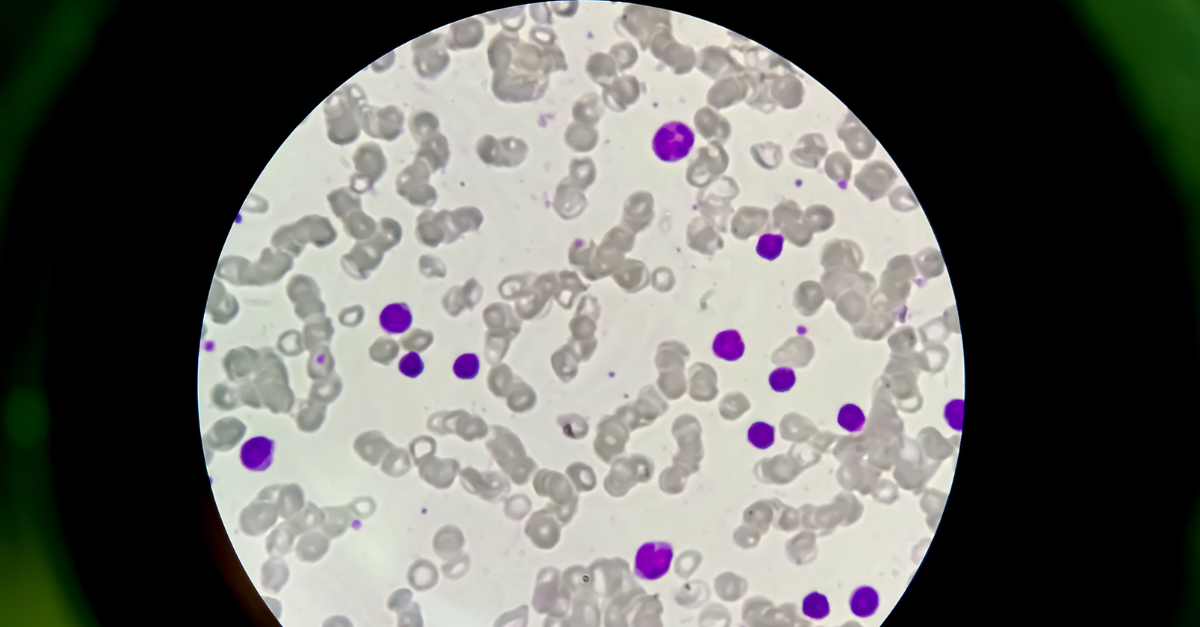Autoimmune diseases are often misunderstood as chronic but manageable conditions. However, some can be severe or even fatal if not properly diagnosed and treated. In this blog, we’ll explore the list of fatal autoimmune diseases, what makes certain conditions deadly, and the latest advances in treatment-including innovative options at PCT Panama.
List of Fatal Autoimmune Diseases
While many autoimmune conditions can be controlled with medication and lifestyle changes, others pose a significant risk to life. The list of fatal autoimmune diseases includes:
-
Giant cell myocarditis: A rare but aggressive inflammation of the heart muscle, often requiring a heart transplant for survival.
-
Vasculitis: Inflammation of blood vessels, which can lead to organ failure if not treated quickly.
-
Systemic lupus erythematosus (SLE): Can cause kidney, heart, or lung failure.
-
Anti-NMDA receptor encephalitis: A rapidly progressing brain inflammation that can be fatal without prompt intervention.
-
Mixed connective tissue disease: Can lead to severe complications involving the lungs, heart, and kidneys410.
These diseases require immediate medical attention, as delays in treatment can result in irreversible organ damage or death.
Can Autoimmune Disease Kill You?
The question can autoimmune disease kill you is unfortunately answered “yes” for certain conditions. Fatal outcomes typically occur when the disease attacks vital organs or when complications arise from immunosuppressive treatments, such as infections or organ failure. For example, untreated lupus can lead to kidney failure, while vasculitis can cause life-threatening bleeding or stroke410.
What Triggers Autoimmune Diseases?
Understanding what triggers autoimmune diseases is crucial for both prevention and management. Triggers include:
-
Genetic predisposition: Some people inherit genes that make them more susceptible.
-
Environmental factors: Pollution, chemicals, and infections (especially viruses) can initiate autoimmune responses.
-
Medications: Certain drugs have been linked to drug-induced lupus and other autoimmune conditions.
-
Lifestyle factors: Smoking, obesity, and chronic stress increase risk.
-
Hormonal changes: Women are more likely to develop autoimmune diseases, possibly due to hormonal influences6781012.
Autoimmune Disease List and Symptoms
A comprehensive autoimmune disease list includes over 80 conditions, from rheumatoid arthritis and multiple sclerosis to rare disorders like Goodpasture’s syndrome and scleroderma. Symptoms vary widely but often include fatigue, joint pain, fever, skin rashes, and digestive problems21314. Early recognition is key to preventing severe complications.
How to Prevent Autoimmune Disease
While not all autoimmune diseases can be prevented, you can lower your risk by:
-
Avoiding known environmental triggers (such as smoking and exposure to toxic chemicals)
-
Maintaining a healthy weight and balanced diet
-
Managing stress effectively
-
Treating infections promptly
-
Regular health screenings, especially with a family history of autoimmune conditions
Innovative Treatments at PCT Panama
For those diagnosed with severe or refractory autoimmune diseases, PCT Panama offers advanced stem cell therapies. These treatments aim to recalibrate the immune system, reduce inflammation, and promote healing in damaged tissues. Stem cell therapy is particularly promising for patients who have exhausted standard options, providing hope for remission and improved longevity.
The Importance of Early Diagnosis
Timely diagnosis and intervention are critical in reducing the risk of fatal outcomes. If you experience persistent symptoms such as unexplained fatigue, joint pain, or organ dysfunction, seek medical evaluation promptly.
Conclusion
Autoimmune diseases can range from mild to life-threatening. Understanding the list of fatal autoimmune diseases, their triggers, and prevention strategies empowers you to take control of your health. For those facing severe autoimmune challenges, PCT Panama stands at the forefront of regenerative medicine, offering hope and advanced care for a brighter future.


